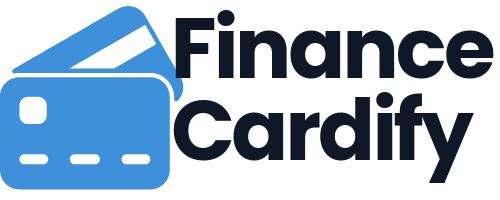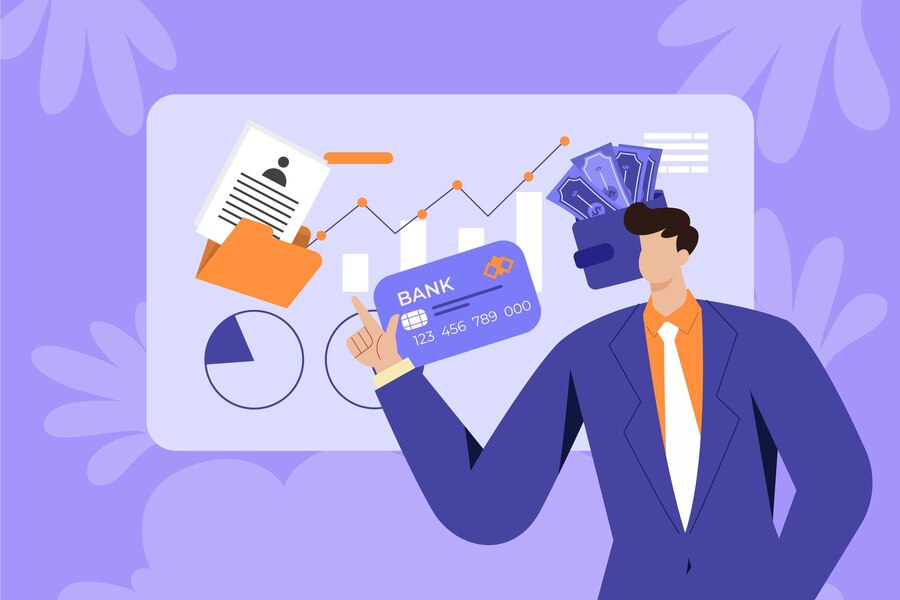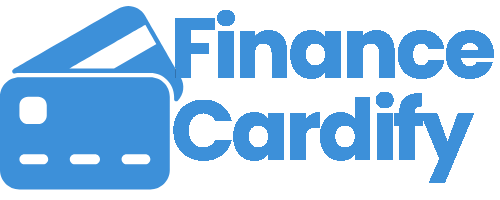In today’s fast-moving and consumer-driven world, managing your finances wisely is more important than ever. From rising living costs to unexpected emergencies, it’s easy to fall into the trap of overspending and accumulating debt. Fortunately, with the right mindset and actionable strategies, you can take control of your expenses, live within your means, and avoid the stress and burden of debt.
This guide will walk you through practical, realistic ways to manage your money, reduce spending, and build healthier financial habits that lead to long-term financial freedom. Whether you’re trying to pay off existing debt or prevent it altogether, it’s never too late to start making better money choices.
Why Expense Control Is Crucial
Many people think they don’t earn enough to save or get ahead. But often, the real issue lies not in how much you earn, but how you spend what you earn. Without a clear plan, it’s easy to lose track of daily expenses—lattes, subscriptions, dining out—and these small costs can snowball into bigger financial problems.
When you’re not in control of your expenses, you may:
- Struggle to pay bills on time
- Depend on credit cards or loans to stay afloat
- Delay saving for important goals like a home, education, or retirement
- Experience high levels of financial stress
The solution? Build better money habits through intentional budgeting, spending awareness, and debt avoidance strategies.
Smart Strategies to Control Expenses
1. Create a Realistic Budget
A budget is your financial roadmap. It helps you understand where your money goes and ensures you allocate funds to your priorities.
Start by tracking your income and fixed expenses (rent, utilities, insurance, etc.), then outline variable expenses (groceries, transportation, entertainment). Set clear limits for each category. Use free apps like Mint, YNAB (You Need A Budget), or even a simple spreadsheet to keep everything organized.
2. Use the 50/30/20 Rule
This popular budgeting method breaks down your after-tax income as follows:
- 50% for needs (housing, food, bills)
- 30% for wants (dining out, hobbies)
- 20% for savings and debt repayment
Adjust the percentages based on your personal situation, but the goal is to create a balance that allows you to live, enjoy, and save responsibly.
3. Track Every Expense
Awareness is power. When you know exactly where your money goes, you’re more likely to change bad habits. Review bank statements weekly, or use a budgeting app that categorizes transactions automatically.
Even tracking for just one month can reveal spending leaks like unused subscriptions, impulse buys, or overpriced services. Once you’re aware, you can make better choices.
4. Differentiate Between Needs and Wants
A key to smart financial management is learning to say “no” to unnecessary purchases. Before buying something, ask yourself:
- Do I need this or just want it?
- Will this purchase affect my ability to pay bills or save?
- Can I find a more affordable alternative?
This mindset shift will help you make intentional purchases rather than emotional ones.
5. Plan for Irregular Expenses
Not all expenses are monthly. Things like car maintenance, annual insurance premiums, and holiday gifts often catch people off guard. Set aside money each month into a sinking fund for these irregular costs so you’re not forced to use credit when they come up.
Strategies to Avoid Debt
Avoiding debt is about being proactive rather than reactive. Here’s how:
1. Build an Emergency Fund
Even a small emergency savings of $500 to $1,000 can prevent you from relying on credit cards during unexpected situations. Once your expenses are under control, aim to save 3–6 months of living expenses.
2. Use Credit Cards Responsibly
Credit cards aren’t evil—they’re tools. But they must be used wisely. Follow these best practices:
- Only charge what you can afford to pay in full
- Never carry a balance unless absolutely necessary
- Pay on time to avoid interest and fees
- Don’t treat credit as extra income
3. Avoid “Buy Now, Pay Later” Traps
Services like Afterpay or Klarna may seem convenient, but they encourage impulse buying and split payments that can add up quickly. Always consider the full cost of an item and whether it fits your budget now—not later.
4. Pay Off Existing Debt Strategically
If you already have debt, use methods like the debt snowball (pay smallest balances first) or debt avalanche (pay highest-interest debts first) to eliminate it efficiently. Focus on paying more than the minimum to reduce interest and get out of debt faster.
Long-Term Benefits of Expense Control
By managing expenses and avoiding debt, you can:
- Reduce financial anxiety
- Improve your credit score
- Save more for your goals
- Achieve financial independence
- Build wealth over time
It’s not about being frugal—it’s about being intentional with your money.
SEO Keywords to Drive Organic Traffic
This article naturally includes the following SEO-friendly keywords:
- control expenses
- avoid debt
- budgeting tips
- money management strategies
- personal finance guide
- how to reduce spending
- emergency fund tips
- financial discipline
- debt avoidance
- saving money tips
These help search engines understand the content while maintaining a natural, human tone.
Ethical Content Practices
We believe in providing honest, empowering financial guidance. This content:
- Encourages responsible and sustainable habits
- Avoids unrealistic promises or “get rich quick” language
- Promotes financial literacy over consumption
- Respects readers’ different income levels and life circumstances
- Offers advice grounded in widely accepted financial principles
FAQ: Expense Control and Debt Management
1. What’s the first step to gaining control over my spending?
Start by tracking your expenses for at least 30 days. Write down or log every dollar you spend. This awareness helps you identify where your money goes and which areas to cut back. From there, create a realistic budget based on your priorities.
2. Is it okay to use credit cards if I pay the balance off each month?
Yes! Paying off your credit card balance in full each month can help build your credit score without accumulating interest. The key is to use credit wisely—only spend what you can afford and never use it to cover overspending.
3. How can I avoid going into debt during emergencies?
The best way to avoid debt during emergencies is by building an emergency fund. Start with a small goal—like $500—and work your way up. Keep it in a separate savings account that’s easy to access when life throws the unexpected your way.


